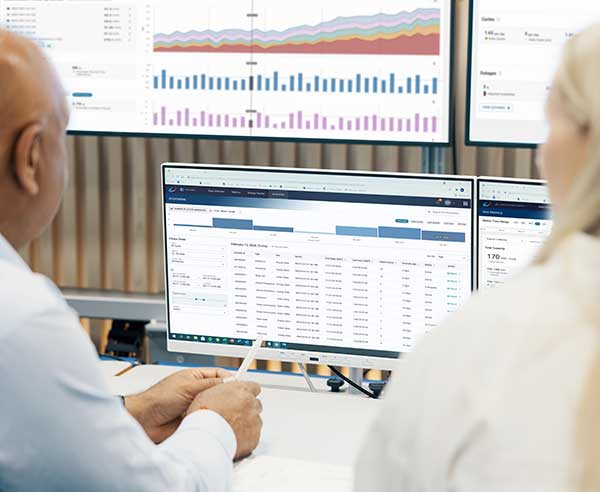
Research and development
Wärtsilä is committed to helping minimise the environmental footprint of the marine and energy industries. Developing the use of alternative, commercially viable clean fuels for the future is a key focus area of research and development, as is improving the connectivity, efficiency, sustainability, and safety of customer operations through the increased use of digital solutions.
Throughout the decarbonisation transformation, the company continues to invest ~4% of net sales in R&D. During 2024, R&D expenditure totalled EUR 296 million, which represents 4.6% of net sales.
Technological achievements in 2025
Pioneering carbon capture at sea
Wärtsilä has launched the industry’s first full-scale on-board carbon capture solution (CCS). The launch follows the successful pilot installation onboard Solvang ASA’s Clipper Eris, where the technology captures emissions from all exhaust gas sources and is able to capture over 70% of the vessel’s CO₂ emissions. The solution enables ships to immediately meet stringent environmental regulations.
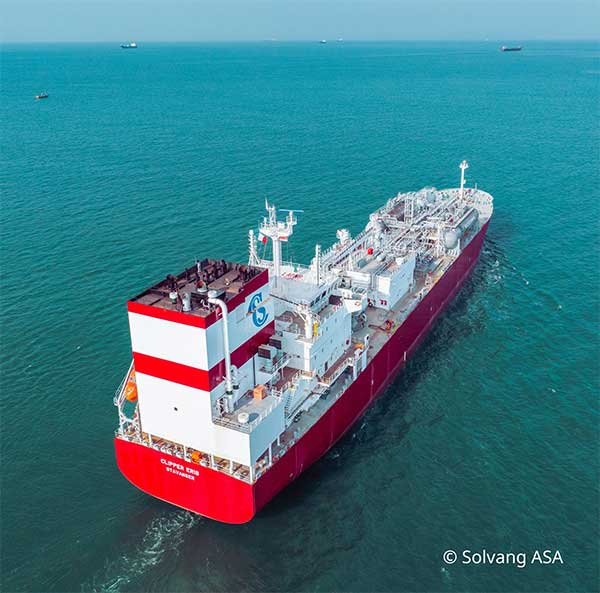
Ammonia engine testing confirms 90% emissions cut
Wärtsilä’s 4-stroke ammonia engine underwent extensive testing to optimise its performance. The results prove breakthrough efficiency: the engine demonstrated a reduction of up to 90 percent in greenhouse gas emissions, compared to equivalent diesel engines. The innovation reinforces Wärtsilä’s leadership in developing future-ready engine technologies that support the industry’s decarbonisation goals.
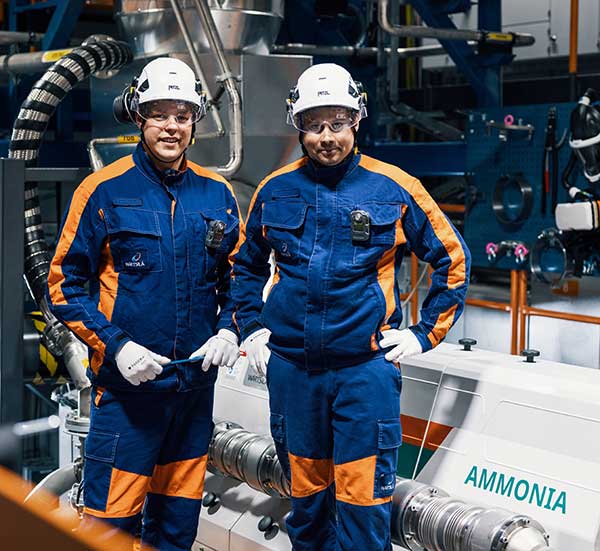
Smart innovation to cut methane slip by 75%
In 2025, a new solution for reducing methane emissions was launched for the Wärtsilä 50DF dual-fuel engine. The technology converts the engines to spark gas operation and can cut methane slip by up to 75% while also saving fuel.
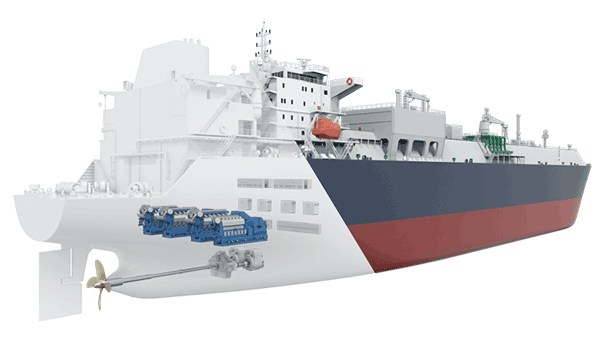
Next-generation technology paving the way for 100% renewable energy
Wärtsilä launched its next-generation 46TS engine, designed to balance renewable energy, deliver highly efficient baseload power, and operate on sustainable fuels. Built on 85 years of engine expertise, the 46TS represents Wärtsilä’s most advanced solution to date.
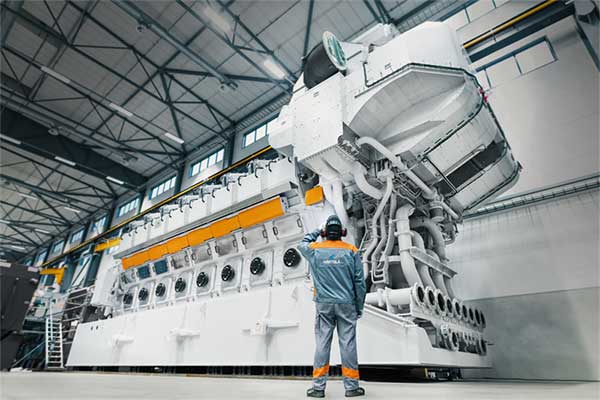
Increasing performance through analytics
Wärtsilä launched GEMS Pulse, a breakthrough predictive analytics solution designed to increase the financial and operational performance of energy storage facilities. Batteries generate thousands of data points every second. GEMS Pulse converts this complex data flow into actionable insights, enabling smarter operational decisions throughout the energy storage system’s lifecycle.
